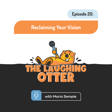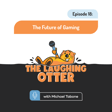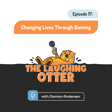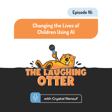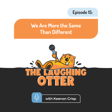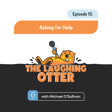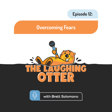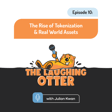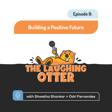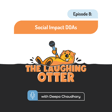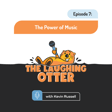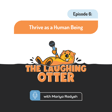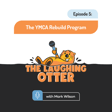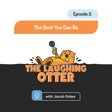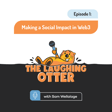
The Happiness Doctor with Dr. Elia Gourgouris
Dr. Elia Gourgouris also known as America's Happiness Doctor, is the author of the #1 best-selling Amazon book, 7 Paths to Lasting Happiness, which has been translated in 5 languages. He co-authored the highly acclaimed book 7 Keys to Navigating a Crisis: A Practical Guide to Emotionally Dealing with Pandemics and Other Disasters. His message is featured in respected publications and media around the world. He is a weekly contributor to the Mental Health Television Network (MHTN). With his Positive Psychology background, he has helped thousands of people both in their careers and in their relationships to achieve success and a better work-life integration. As an inspirational speaker, he frequently presents at international conferences focusing on happiness, corporate wellness & mental health. He's the host of the upcoming TV show called The Happy Hour w/ Dr. Elia.
Get in touch with Dr. Elia on Linked-in, Facebook, Instagram or X
To find out more info check out his website
